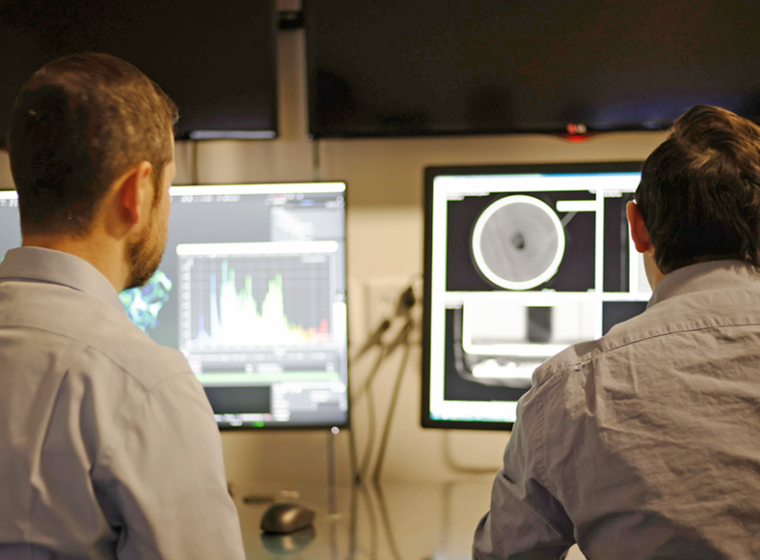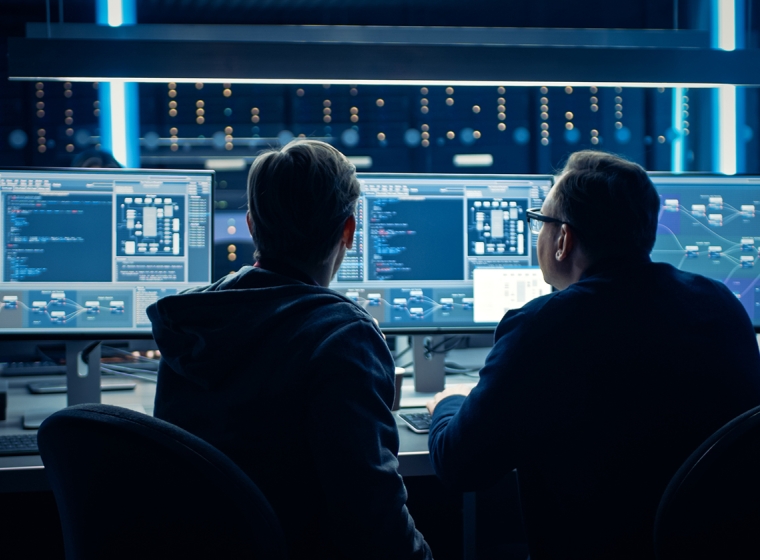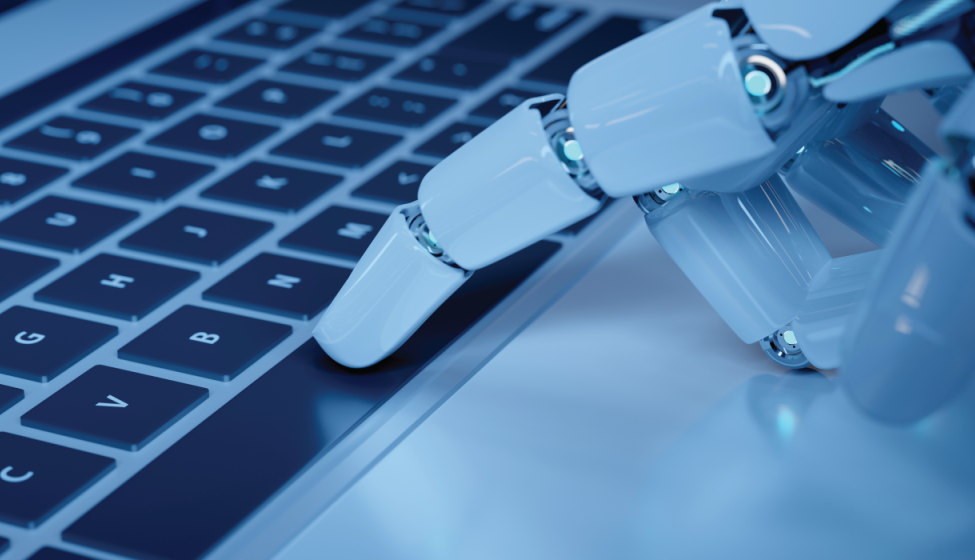April 10, 2023
US Patent & Trademark Office updates from the AI/ET partnership and questions for public comment
On February 14, 2023, the U.S. Patent and Trademark Office (USPTO) announced a request for comments, inviting public stakeholder input on how advances in artificial intelligence may shape the future of intellectual property and inventorship. The deadline is May 15, 2023.
The USPTO will consider comments for inclusion in the July 1, 2023, special issue of the Journal of the Patent and Trademark Office Society. These comments will also help fuel the USPTO AI/Emerging Technologies (AI/ET) Partnership, formed in June 2022, to bring stakeholders together to share ideas, feedback, experiences, and insights on the intersection of intellectual property and AI/ET.
The USPTO's announcement is an extension of a 2019 request for comments that resulted in the summary report "Public Views on Artificial Intelligence and Intellectual Property Policy" published in October 2020.
Some of the USPTO's questions include:
- How does the use of an AI system in the invention creation process differ from the use of other technical tools?
- Do inventions in which an AI system contributed at the same level as a joint inventor raise any significant ownership issues?
- What areas should the USPTO prioritize in future engagements?
With advances in AI ranging from autonomous vehicles to ChatGPT regularly making headlines, policymakers are working to understand how these developments may shape the future of intellectual property and inventorship. The USPTO has already received applications with an AI machine listed as the inventor and, in April 2020, denied two such petitions.
The USPTO decision explained that inventorship is limited to natural persons under current U.S. patent laws. The ruling was also upheld by the United States District Court for the Eastern District of Virginia as well as the Court of Appeals for the Federal Circuit. Although the courts have decided that under current law patent inventors must be human persons, they have yet to directly address the question of whether inventions created with the assistance of AI are eligible for patent protection. The recent rejection for copyright protection for AI-generated images was yet another test of the available protections under current law.
The current request for comments by the USPTO could help influence future policy, enable new types of intellectual property, and change the way expert witnesses approach source code review for trade secret, patent, and copyright matters. There are no eligibility restrictions on which organizations or individuals can submit comments. Given the broad and evolving use of AI in various applications, stakeholders and interested parties may come from backgrounds in manufacturing, product liability and litigation, autonomous vehicles, medical devices, pharmacy, transportation, and many more.
What Can We Help You Solve?
Our consultants have decades of expertise providing expert witness testimony and technical litigation support for intellectual property matters under a variety of jurisdictions. We are tracking the rapidly evolving standards and government regulations related to AI in multiple sectors to help our clients build safe, equitable, and compliant technology.
![Intellectual Property: Patents, Trademarks, Copyrights & Trade Secrets [MCE]](/sites/default/files/styles/cards_home_card/public/media/images/GettyImages-638061090.jpg?itok=KALWnueH)
Intellectual Property & Materials
Rigorous technical support for high-stakes decisions on intellectual property claims related to materials.

Software & Computer Systems Support
Insights and solutions for the design, development, and analysis of software prototypes, products, and platforms.

Data Analysis
Strategic guidance leveraging state-of-the-art analytical tools, including statistical modeling, machine learning, artificial intelligence, and more.




